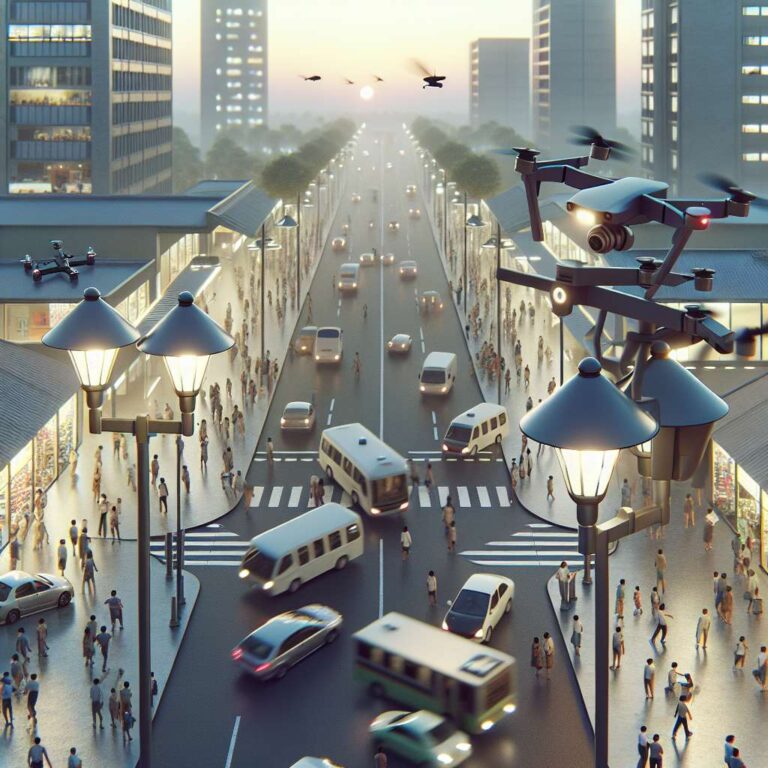A growing push to deploy drones for commercial and security uses is colliding with privacy concerns as the Federal Aviation Administration prepares to loosen rules on where and how drones can fly. One prominent example comes from Flock Safety, which is selling drones to private companies to track suspected shoplifters. In a scenario described by the company’s drone lead, a store’s security team could launch a rooftop drone to follow suspects to their cars and relay live video to police. Civil liberties advocates say this vision extends an already expansive surveillance ecosystem built by police drones, license-plate readers, and other crime tech. Flock is currently facing a federal lawsuit in Norfolk, Virginia, alleging overreach.
Much of the industry’s trajectory hinges on a single FAA regulation that is about to change. Today, operators need an FAA waiver to fly beyond visual line of sight, a safeguard meant to reduce collisions and accidents. Since 2018, the agency has granted waivers for scenarios such as search and rescue, insurance inspections, and police investigations. According to Flock, police departments can secure approvals in about two weeks with the company’s help, while private-sector customers typically wait 60 to 90 days.
Industries from e-commerce to medical transport have long urged the government to replace the waiver system with easier approval for beyond visual line of sight. In June, President Donald Trump backed that push with an executive order calling for “American drone dominance,” and in August the FAA issued a proposed rule. The draft outlines broad categories where beyond visual line of sight operations would be permitted, including package delivery, agriculture, aerial surveying, and civic interest, which covers policing. Approval would generally become easier and expand operators’ range, a change welcomed by drone companies and amateur pilots.
Privacy advocates argue the proposal lacks safeguards. Jay Stanley of the ACLU warns the FAA is poised to open the skies to many more beyond visual line of sight flights without protections for privacy. The ACLU has flagged the risk that fleets of drones could enable persistent surveillance of protests and public gatherings and erode expectations of privacy. The FAA is accepting public comment on the proposed rule until October 6, and Trump’s executive order directs the agency to finalize it by spring 2026.

